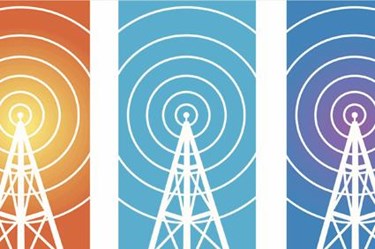Florida Using Roadside Transponders To Track Traffic, Relieve Congestion

By Christine Kern, contributing writer

State and local governments are implementing technology to respond to traffic woes.
Heavy congestion on busy highways like the I-75 corridor in Florida creates serious headaches for travelers and first responders alike. Now, Florida is piloting a program using roadside transponders to “talk” to drivers help relieve overburdened corridors and redirect traffic when necessary.
According to Government Technology, the transponders can read information from any Bluetooth device in their immediate vicinity including cell phones, tablets, and headphones. These transponders have been deployed by the Florida Department of Transportation and the city of Gainesville specifically to read the identification number of any activated Bluetooth device as it passes, and it is using the collected data to determine traffic patterns, traffic flow at intersections or on important arteries and corridors, and to track speeds. The data can then help identify problems such as accidents if a sudden drop in speed occurs.
FDOT has been studying ways to relieved overburdened corridors like I-75 in the Gainesville-Ocala region, using the transponder data to suggest solutions. In the city of Gainesville, transponder data is helping to adjust traffic signals to alleviate congestion and backups on particular routes.
“The whole country is doing this,” Paul Misticawi, vice president of public sector sales for traffic data software company TrafficCast told Government Technology. But drivers need not be concerned about their privacy. Misticawi assures, “It’s completely anonymous. The data is encrypted so there’s no ‘Big Brother’ issue at all.”
Florida is just one of a number of states that has employed the transponder technology to improve its traffic control and reduce accidents and delays on its roadways.
This isn’t the first time Florida has turned to technology to help improve their roadways. In 2014, the Orlando/Orange County Expressway Authority (OOCEEA) deployed an RFID-based traffic-monitoring system in central Florida that utilized RFID readers to collect signals from transponders already installed in approximately 1 million E-Pass and SunPass customer vehicles, according to RFID Journal.
